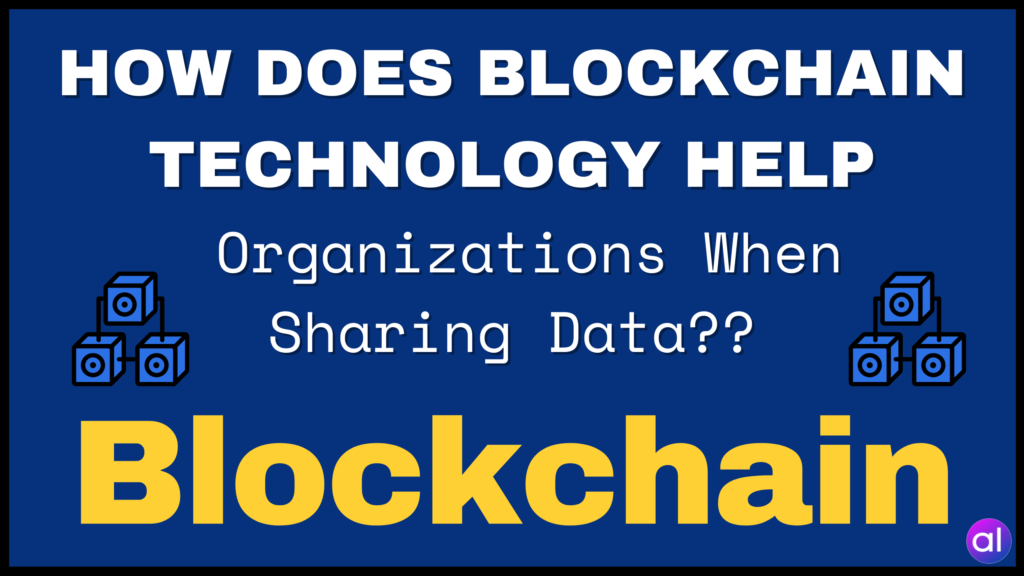
The integration of blockchain technology in government and public services has the potential to address longstanding issues within the system. While blockchain is commonly associated with cryptocurrencies, its applications extend far beyond the realm of digital currencies.
Initially met with skepticism by governmental organizations worldwide, blockchain technology is now being recognized for its limitless possibilities. Governments are increasingly exploring how blockchain can revolutionize their operations and services.
Understanding the System
A democratic government is designed to empower its citizens by entrusting them with the authority to govern. However, in reality, many governments struggle to uphold basic human rights for their citizens.
Challenges Faced by the System
Governments often face criticism for inefficiencies in processing requests and allocating funds to the public. This stems from deeper issues within the centralized system, leading to various disadvantages that impact transparency, efficiency, and accountability.
Key Issues in the System
The lack of transparency, inefficiency, corruption, infringement of privacy, mismanagement of resources, and the slow pace of digitization are among the primary challenges faced by governments.
How Blockchain Can Address These Challenges
Blockchain technology offers innovative solutions to the systemic issues plaguing government operations. By leveraging blockchain, governments can enhance trust through secure transactions, ensure transparency with privacy, strengthen security measures, combat corruption, and revolutionize election processes.
The Transformative Potential of Blockchain
Blockchain has the power to revolutionize government and public services, offering a secure and transparent framework for various sectors, including healthcare, insurance, digital identity, and more.



